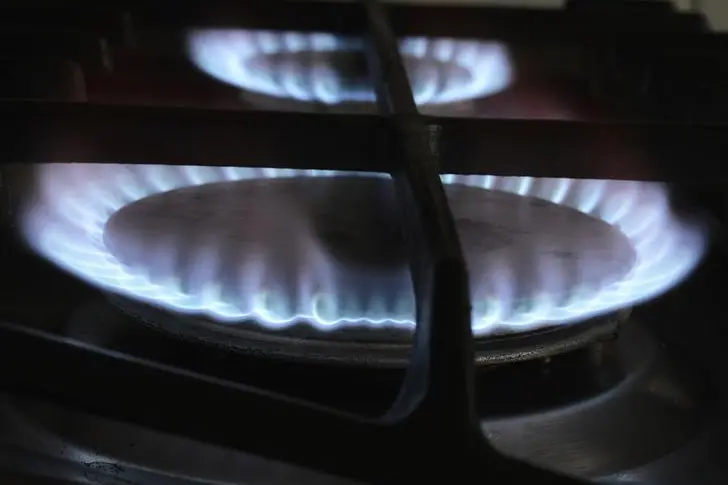PHOTO
(The author is a Reuters Breakingviews columnist. The opinions expressed are his own.)
LONDON - The global surge in gas prices is giving Britain a particularly painful shock. The UK government may have to spend hundreds of millions of pounds to help rescue customers of failing power suppliers. The drama is partly self-inflicted and happening at the worst possible time.
Higher carbon prices, lower Russian exports and rampant Asian demand for liquefied natural gas (LNG) explain why European and UK gas prices have trebled this year. But the ensuing jump in electricity prices, which take their cue from gas, is particularly acute in Britain. While France and Germany have nuclear and coal power, the UK has prioritised a sprint to renewable energy, while relying on gas to make up the shortfall.
This vulnerability to high power prices co-exists with a liberalised domestic market that encourages new suppliers to challenge established providers. Retailers could until recently sign up gas and electricity customers at hyper-low rates, with minimal hedging of their exposure to wholesale prices. They also had limited capital reserves.
The downsides of this fragile structure have now been brutally exposed. Of the 55 energy suppliers currently operating in the UK, all but 10 could go under, according to a person familiar with the situation. Their predicament is especially tricky because the UK government currently caps charges for an average household at 1,277 pounds per year. That’s about 300 pounds less than the current market rate. If 5 million customers are affected, this represents a liability of around 1.5 billion pounds.
Shareholders and creditors of the affected companies will lose their shirts, as they should. The trickier question is what happens to their customers. Bigger incumbents like Iberdrola and Centrica won’t want to take on loss-making contracts without some form of government support. An alternative would be for the state to take on the costs of winding down failed providers in a “bad bank” structure.
Given that gas prices will probably stay high for the winter at least, that leaves taxpayers on the hook for losses until next year. The drama also weakens Boris Johnson’s standing in upcoming talks on climate change. As the prime minister prepares to implore world leaders at November’s COP26 conference to decarbonise their energy sectors more quickly, his own backyard is serving less as a template and more as a cautionary tale.
CONTEXT NEWS
- The UK’s largest energy suppliers have pushed for a multibillion-pound support package from the government to help address the crisis sparked by high gas prices, the Financial Times reported on Sept. 20.
- One suggestion is for the formation of a “bad bank” which would take on unprofitable customers from failed suppliers. Another option would be the government underwriting debt for the larger suppliers, if they were to incur losses by taking on customers.
- Out of 55 companies in the sector, industry participants think only between six and 10 could be left standing by the end of the year.
- The cost of buying enough wholesale gas and electricity in the spot market to supply an average household is estimated at about 1,600 pounds a year, while the price cap on energy bills set by industry regulator Ofgem is presently 1,277 pounds, having been raised by 139 pounds last month.
(The author is a Reuters Breakingviews columnist. The opinions expressed are his own.)
(Editing by Peter Thal Larsen and Karen Kwok. Graphic by Vincent Flassuer.) ((For previous columns by the author, Reuters customers can click on HAY/ SIGN UP FOR BREAKINGVIEWS EMAIL ALERTS http://bit.ly/BVsubscribe | george.hay@thomsonreuters.com; Reuters Messaging: george.hay.thomsonreuters.com@reuters.net))





















